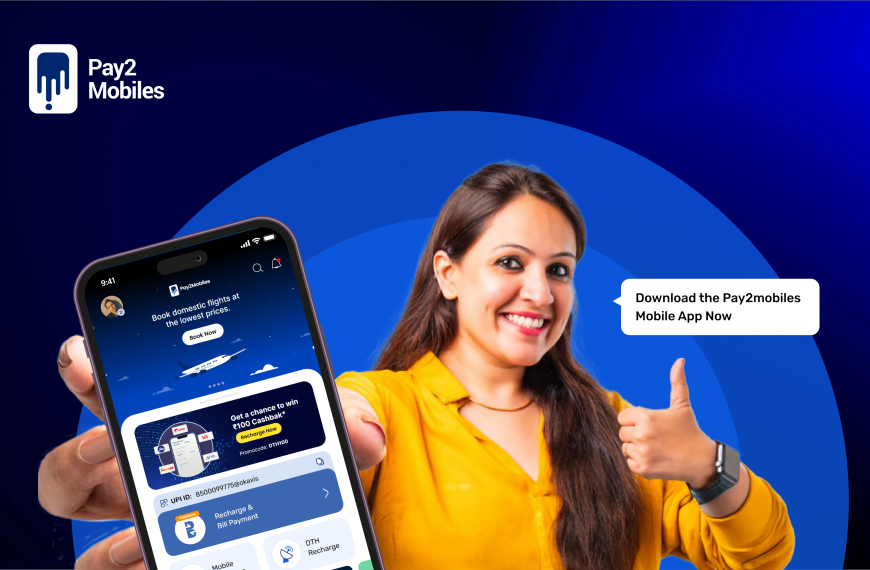Prepaid wallets have become a popular way for people in India to conduct their financial transactions. These digital wallets can be used to make purchases, pay bills, and transfer money, among other things. However, in order to operate a prepaid wallet in India, one needs to have a prepaid wallet license issued by the Reserve Bank of India (RBI). In this article, we will take a closer look at what a prepaid wallet license is, the different types of licenses available, eligibility requirements, documents required, the process to obtain a license, and the validity of the license.
What is a Prepaid Wallet License?
A prepaid wallet license is a permit issued by the Reserve Bank of India that allows a company to operate a prepaid wallet. These digital wallets are used to store money that can be used to make various financial transactions. They are an alternative to traditional banking, as they offer a quick and easy way for people to conduct their financial transactions.
Types of Prepaid Wallet Licenses:
There are two types of prepaid wallet licenses available in India. The first is a closed-loop wallet license, which is used for transactions within a specific network. For example, a closed-loop wallet issued by a particular company can only be used to make transactions with that company. The second is an open-loop wallet license, which is used for transactions across multiple networks. For example, an open-loop wallet can be used to make purchases from multiple companies.
Eligibility Requirements:
In order to be eligible for a prepaid wallet license, the company must fulfil the following requirements:
- The company should be registered under the Companies Act, 2013.
- The company should have a minimum net worth of Rs. 5 crores.
- The company should have a sound financial track record and should not have defaulted on any loans or payments.
- The company should have a well-defined business plan and operational framework for offering prepaid wallet services.
Documents Required:
The following documents are required to be submitted along with the application for a prepaid wallet license:
- Certificate of incorporation and Memorandum of Association of the company.
- Board resolution approving the application for a prepaid wallet license.
- Details of the directors and key management personnel of the company.
- Business plan and operational framework for offering prepaid wallet services.
- Audited financial statements for the past three years.
- KYC documents of the directors and key management personnel.
The Process to Obtain a Prepaid Wallet License:
The process to obtain a prepaid wallet license in India involves the following steps:
- Submission of application to the RBI with all the necessary documents.
- Payment of the application fee of Rs. 5 lakh.
- Scrutiny of the application and documents by the RBI.
- Inspection of the company’s premises and infrastructure.
- Approval or rejection of the license application by the RBI.
License Validity:
The prepaid wallet license issued by the Reserve Bank of India is valid for a period of five years. After five years, the license can be renewed if the company continues to meet the eligibility requirements and complies with the regulations set forth by the Reserve Bank of India.
In conclusion, obtaining a prepaid wallet license in India is a complex process that involves meeting certain eligibility requirements, submitting the required documents, and fulfilling the conditions specified by the Reserve Bank of India. However, once a company is granted a prepaid wallet license, it can operate a digital wallet that provides a quick and easy way for people to conduct their financial transactions.
Disclaimer: The materials provided herein are solely for information purposes. The information is provided “as is” without warranty of any kind, either express or implied, including but not limited to the implied warranties of merchantability, fitness for a particular purpose, or non-infringement. The information contained herein is subject to change without notice and should not be construed as a commitment by the author or their affiliated companies. The author and their affiliated companies assume no responsibility for any errors or omissions in the information contained herein or for any reliance on such information. The author and their affiliated companies shall not be liable for any damages, including but not limited to direct, indirect, special, incidental, or consequential damages or losses arising out of the use or inability to use the information contained herein.






